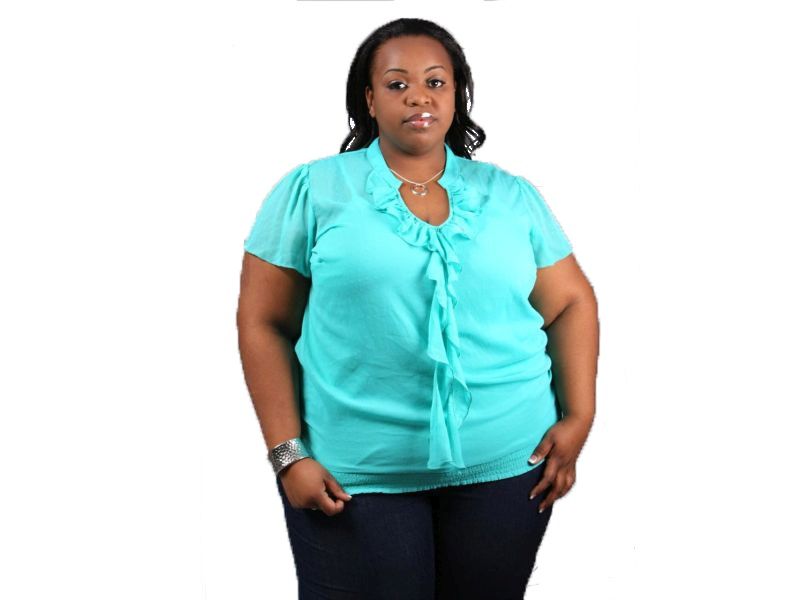TUESDAY, June 13, 2017 (HealthDay News) — Whether someone considers you obese may depend on your gender, race and age, a new study finds.
“It looks like obesity is in the eye of the beholder,” said study co-author Vida Maralani, an associate professor of sociology at Cornell University.
“People are judged differently depending on who they are. ‘Too fat’ in the medical world is objective. You can measure it. But in the social world, it’s not. It’s subjective,” Maralani said in a university news release.
Perceptions of obesity varied significantly by race, the researchers found.
“We find quite consistent patterns for white Americans,” Maralani said. “For white men, there was a penalty both for being too thin and for being too fat. For white women, thinner was nearly always better.”
Among black Americans, “the link between body mass and these outcomes dissipates,” she said. “People seem to have become more accepting of larger bodies. But that’s not true for whites,” Maralani said.
The researchers found that there are high societal expectations for white women to be thin. The higher a white woman’s body mass index, the lower her wages. BMI is an estimate of body fat based on weight and height. Those with the lowest BMI had the highest wages, the researchers said.
“I think our focus on the medical definition of obesity has led us to lose track of the fact that, in the social world, we have quite subjective and fluid definitions of what it means to be fat or thin for different groups,” Maralani said.
The study was published recently in the journal Sociological Science.
More information
The U.S. Centers for Disease Control and Prevention has more on overweight and obesity.
Copyright © 2024 HealthDay. All rights reserved.

